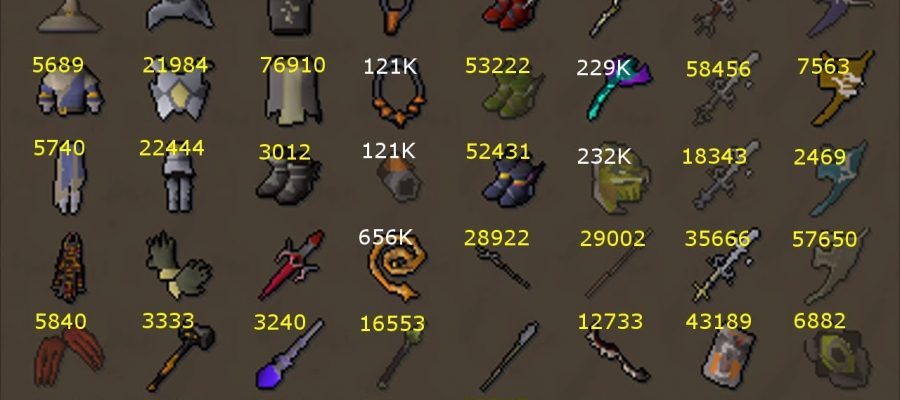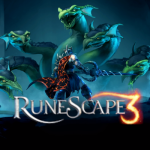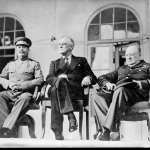Content Table:
RuneScape Economy
The RuneScape economy is quite similar to real-world economics, with a unique twist that encourages skill development alongside wealth accumulation. Various currencies are used regionally throughout RuneScape, and inflation is controlled by several means, as is the economy in general.
Economic Structure
The base of the economy is comprised of basic items such as potatoes and wheat, followed by fish, logs, ores, coal, bones, and raw meat accumulated by killing monsters. This foundational tier is essential for players starting their journey.
A second tier of commodities is formed from items processed from harvested materials, which includes tanned hides, metal bars, cooked foods, gems, and runes. Finally, the third tier consists of fully processed items and rare items that hold significant value in the marketplace.
Determining Value
The value of commodities in RuneScape is primarily determined by scarcity and the skill level required to obtain them. Items that are not readily available in the game are often more valuable, while those that require a higher skill level to gather or create are scarcer and therefore also more valuable. However, monetary value is not the sole indicator of worth. The experience gained from obtaining these items can also increase their perceived value.
Currencies in RuneScape
The primary currency in RuneScape is gold pieces, commonly referred to as gp. However, there are alternate currencies in the game as well. One such currency is Tokkul, which is made of black obsidian and was introduced into the city of Tzhaar in 2005. Players can acquire Tokkul by defeating high-level demons or as rewards in the Fight Pits and Fight Caves.
Another type of currency available is Trading Sticks, which players can earn by performing favors for community members. New currencies are continuously being introduced into RuneScape, but these are usually confined to specific regions or can only be used to purchase certain items.
Market Dynamics
In RuneScape, all buying and selling prices at specialty stores are controlled based on the value of the item and the quantity in stock. A savvy player can make quick profits by buying cheaper items that are overstocked and selling them to stores where these items are not available for a higher price. Additionally, alchemy spells allow players to gather valuable goods based on their alchemical value rather than their real-world value.
Inflation Control
Inflation in RuneScape is managed by ensuring that money leaves the game. One way this is accomplished is through Barrows weapon and armor sets, which require constant repairs, leading to a continuous outflow of gold as players pay NPCs for repairs. Additionally, the Construction skill has contributed to a drop in the prices of items such as Party hats and whips.
Conclusion
In summary, RuneScape serves as a virtual world with its own dynamic economy. While it is controlled, the economy is continuously changing, offering opportunities for players to adapt and thrive. Understanding how the overall economy functions can greatly facilitate the moneymaking process, allowing players to maximize their profits and enjoy their time in this expansive virtual realm.



